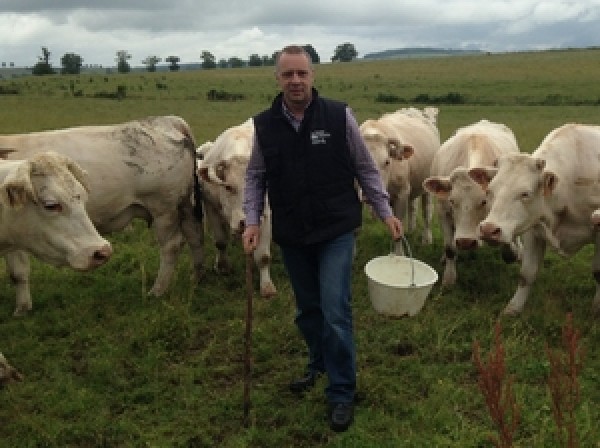GMOs Raise Flap in the European Union

July 26, 2013
For years there has been a running battle between the US agricultural industry and the European Union regarding the use genetically engineered crops. Many leftwing websites and news vehicles print amazingly inaccurate information, conflating GMOs with other industrial farming technology, such as use of toxic pesticides, overuse of water, heavy use of fertilizers, chronic monoculture without crop rotation, and many other procedures that have no relationship to genetically engineered seeds. The reason for this was made abundantly clear in a recent NPR story ( http://www.npr.org/blogs/parallels/2013/07/08/199168194/EU-U-S-Trade-A-Tale-Of-Two-Farms) comparing cattle raising in the EU to the US.
European farming is on a much smaller scale, due to tradition and land use patterns that go back thousands of years. Furthermore much of Europe's geography does not favor large, unbroken farms required for very large scale industrial farm practices. As the story makes clear, European farmers focus on very high-quality, labor intensive products, such as hand-raised beef. On the Burgundian farm featured in the story, each cow has a name, and every steak sold in France can be traced back to its donor. If American farms product were allowed unbridled competition with their European cousins, they would quickly eliminate the European farm industry, not because the products are better (which they certainly are not) but because they are much, much cheaper. But this is not something that Greenpeace can put in a soundbite ("Please keep GMO foods out of Europe because they bring down prices!") so they print nonsense, implying that GMOs are toxic.
One problem with the NPR story- they state that US cattle are raised on feedlots, which is incorrect. Cattle are ruminants and cannot spend their entire lives in a feedlot. They are free range untill the last few months of their lives, at which time they are fattened in feedlots, a process referred to as "finishing". But you can buy a quarter of a head from a producer that is (1) raised organically; (2) raised free-range, grass fed his entire life, or (3) raised in the conventional manner, with the finishing in a feedlot.
GMOs are the only feasible way that many tropical plant diseases (such as fungal diseases) can be conquered. The alternative are extremely toxic, mutagenic fungicides or, for poor, third world farmers, nothing, which means poor or non-existent yields. Organizations that claim they are fighting for a clean environment are doing a disservice to their membership. There are many good reasons for maintaining the high quality of European farm products but safety is not one of them.
Comments
Submit a Comment
Please be sure to fill in all information. Comments are moderated. Please no link dropping, domains as names; do not spam and do not advertise.

 RSS Feed
RSS Feed
There are currently no comments